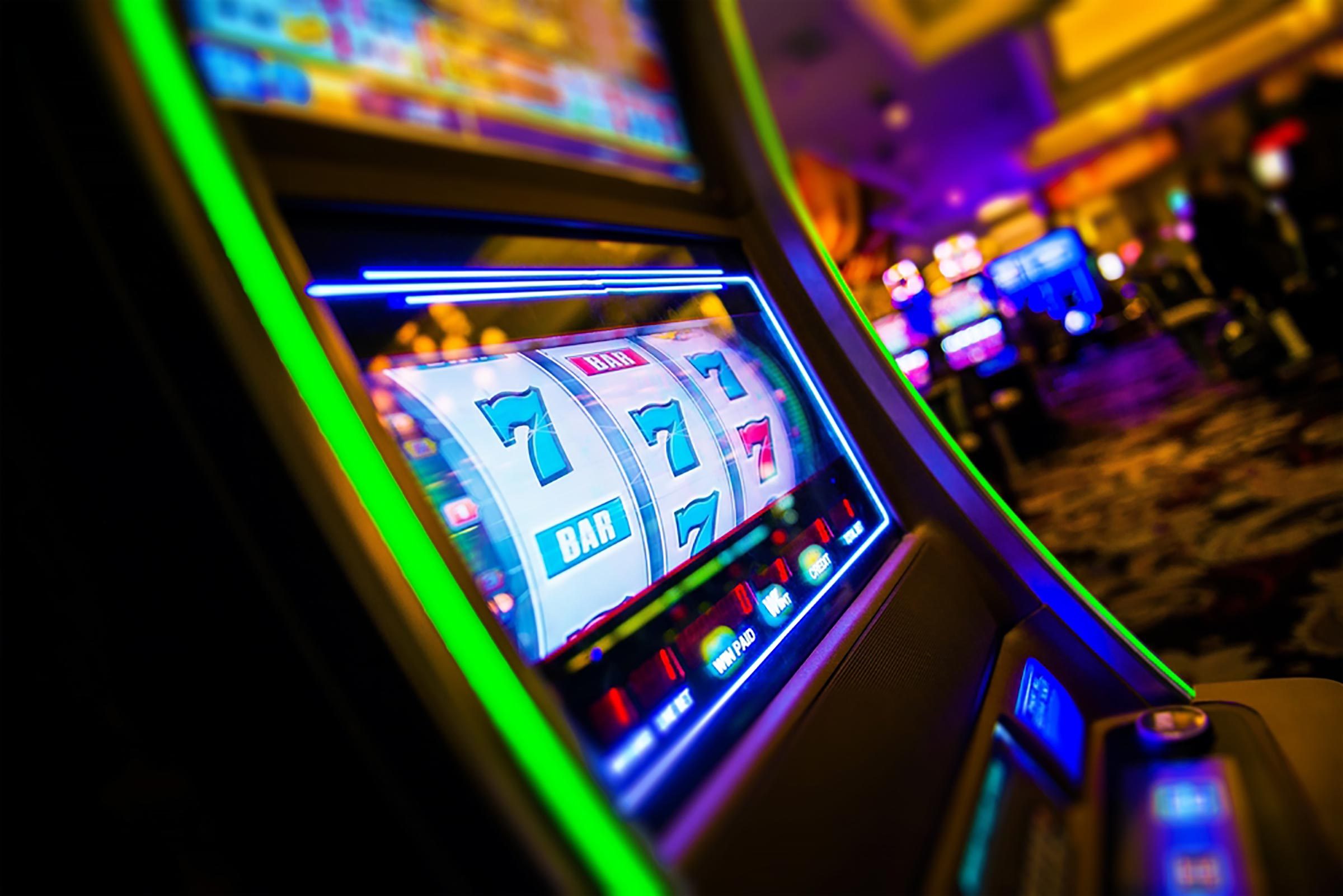
When we think of gambling games, the first images that frequently cross our minds are those of spinning roulette devices, card chips clinking on fabric tables, and cubes rolling across a gaming surface. While numerous consider these activities as mere hobbies fueled by luck, a more profound exploration reveals a fascinating blend of tactics, skill, and community engagement that elevates them far beyond basic luck. Whether you are a experienced player or a curious newcomer, grasping the nuances of these activities can greatly enhance your experience and appreciation.
Gambling activities have evolved over hundreds of years, with different cultures contributing to their rich backgrounds and different forms. From the intricate strategies of blackjack to the bluffing tactics in card games, players engage in a contest of wits as much as a risk on odds. This dynamic interplay between luck and expertise creates a exciting atmosphere that draws millions to gambling establishments worldwide. As we delve into the world of table activities, we will reveal the methods that can shift the odds in your favor and the community elements that make these activities a popular choice for leisure and engagement.
A Strategy of Table Games
Casino games often combine a blend of ability and chance, which makes them intriguing for participants who like a challenge. Every title has its own set of rules and tactics that can affect the results. For example, in games like 21, participants are obliged to use tactics like card counting and grasping the probabilities to make smart decisions. This skill set can greatly improve their winning potential, differentiating seasoned participants from novices who may rely solely on luck.
In contrast, titles such as roulette may seem to be purely based on chance, but strategic thinking can also play into play. Players can choose between various betting strategies, such as the Martingale system, in which they raise the wagers after losses. This method can establish a more methodical way to the activity. Grasping the probabilities of specific wagers can also assist players make smarter decisions on the roulette table, showcasing that even in games of luck, tactics can enhance the enjoyment.
Additionally, poker is notable as a game that heavily focuses on strategy. Nhà cái 78WIN In contrast to most casino games, poker combines ability, psychology, and chance. Participants must not only concentrate on the cards they are given but also consider their opponents actions and wagering patterns. Mastering principles like position, pot odds, and interpreting bluffs is crucial for success. This complexity of tactics in the game of poker often creates to a more engaging experience for players, as the decisions and abilities greatly impact the game’s results.
Comprehending Chance and Odds
In the world of casino matches, probability and ratios have a crucial role in deciding a player’s potential outcomes. Every game has its own set of rules that define how the probability of winning or losing is calculated. For case, in matches like 21, players have a opportunity to influence their odds through tactics, whereas in matches like roulette, the outcomes are purely dictated by chance. Grasping how these chances are calculated can significantly affect how a gambler approaches the match.
Ratios are typically presented in two formats: ratio and decimal. Fractional odds indicate the proportion of the amount won to the sum bet, whereas numeric odds show the overall return for a winning bet, which includes the initial bet. For instance, if a game has odds of 5 to 1, this means that for every one dollar bet, a gambler could win five dollars if they win. Understanding how to understand these odds enables players to evaluate their potential winnings and formulate more wise decisions during play.
Players should also be conscious of the house edge, which is the casino’s built-in advantage over the players. Each match has a distinct house edge, and comprehending this idea is important for managing one’s hopes and bankroll. Games with a reduced advantage, such as 21 and chemin de fer, typically offer better odds for players compared to activities like slots and lottery. By recognizing the relationship between chance, ratios, and the casino advantage, players can improve their gaming experience and plan more effectively.
The Social Aspect of Table Gaming
Table games at casinos are often seen as a center of social interaction, drawing participants together in a collective experience that goes far past the mere act of gambling. The atmosphere at a poker table can be vibrant, with players engaging not only with the game itself but also with each other. Joy, cheers, and, sometimes, playful teasing create connections that enhance the overall experience of the gaming experience. This communal aspect can turn a solitary endeavor into a dynamic gathering, making casino games particularly appealing.
One of the intriguing elements of table gaming is the way it fosters camaraderie among participants. Whether it’s teaming up to defeat the dealer at a dice table or sharing stories between hands in a poker game, the environment encourages interaction. Players often share tips or strategies, creating a sense of togetherness that boosts the fun. This social dynamic can make new gamblers feel included and less daunted by the competitive nature of casino games. As the game progresses, friendships may form, leading to a sense of connection that keeps players coming back to the table.
Moreover, the social aspect of gaming at tables extends outside just the participants. Dealers play a vital role in facilitating interaction and maintaining the flow of the game. Their ability to engage players with friendly conversation and their expertise in running the table can create an welcoming atmosphere. This connection between participants and staff adds another layer of enjoyment, where players feel bonded not only to each other but also to the staff. Bắn Cá 78WIN Such interactions are often what make the experience memorable, as players leave with stories to tell and relationships made, reinforcing the notion that table games are truly about more than just chance.